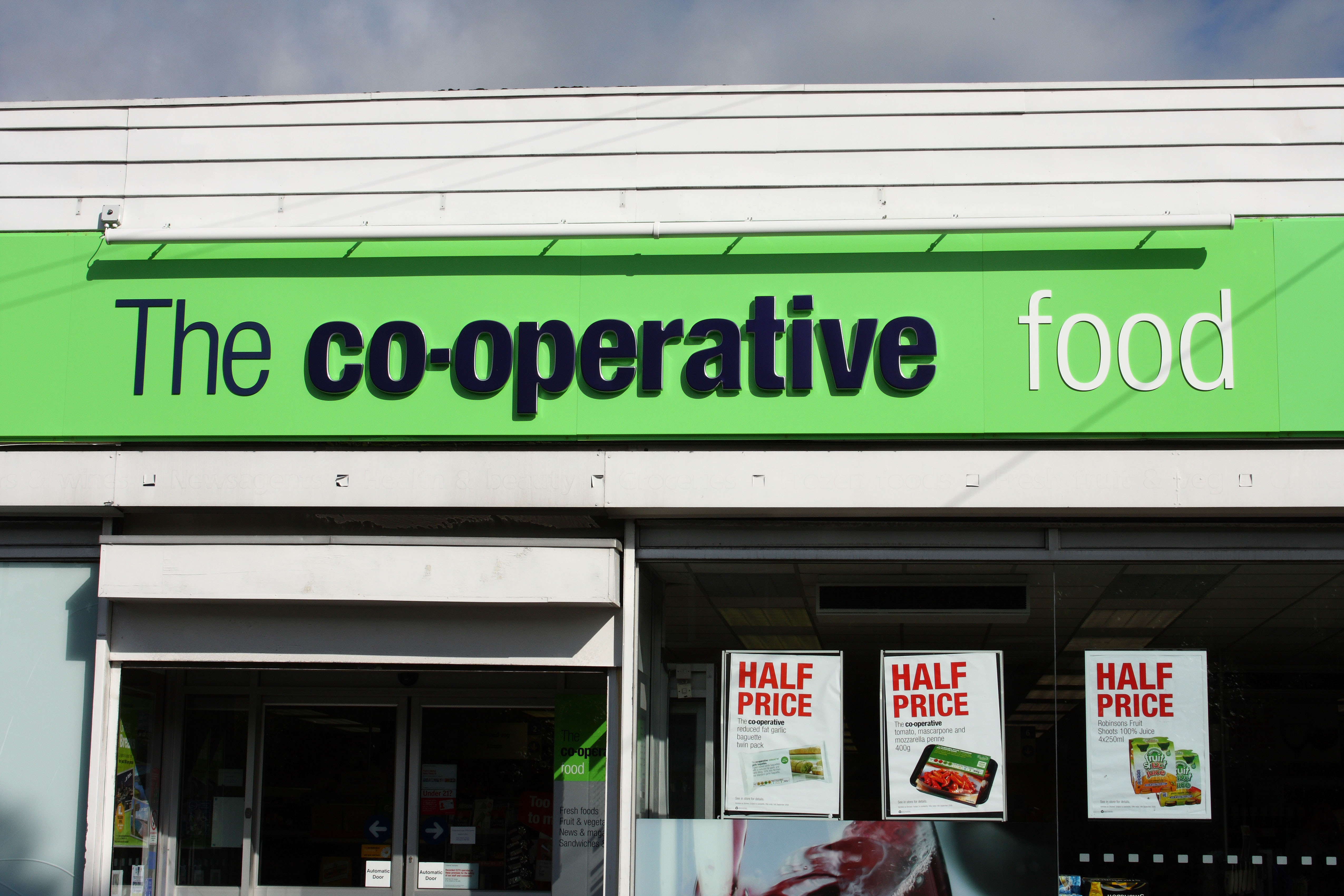
James O'Brien 10am - 1pm
9 September 2024, 00:04

Clipper Tea, Brewgooder and the Co-op all said they would like to see more sales in their sectors on Fairtrade terms.
Fairtrade brands and retailers are calling on competitors to sell more products sourced on fairer terms to boost the impact on low-income farmers around the world.
Clipper Tea, Brewgooder and the Co-op said they would like to see more sales in their sectors on Fairtrade terms to better support farmers who produce everyday essentials like bananas, cocoa, tea, and coffee.
It comes as the certification body marks its annual Fairtrade Fortnight campaign, calling on shoppers, MPs, retailers and brands to “Be the Change” in an unfair trade system that leaves farmers round the world facing increasingly insurmountable challenges.

Fairtrade’s minimum price, premium payments, standards and guaranteed fairer prices mean farmers can afford to put food on the table, send their children to school, cover farm costs and adapt to climate change.
UK-based brewer Brewgooder said it hopes to see more brewers buying Fairtrade fonio grain after it recently established the first Fairtrade-certified brewing supply chain.
Set up in just six months, the supply chain aims to ensure farmers in Guinea, West Africa, are paid a fairer price for their work and grain, with 67 producers already signing up according to local cooperatives.
Brewgooder has made the new supply chain, named “open grain” accessible to any UK brewer or business so they can maximise the impact sales have on farmer communities.
Alan Mahon, founder at Brewgooder, said: “Alone we can make a small but meaningful difference, but as an entire industry – even if only adopting Fairtrade fonio in small amounts – we can support farmers in Guinea make a game-changing impact on these communities while simultaneously bringing quality and desirable products to market.
“Enabling other beer producers to use our supply chain makes that possible.

“We’re not adopting Fairtrade fonio to give ourselves a (unique selling point), but to show what can be achieved when you collaborate with farming communities for a fairer deal.”
Organic brand Clipper, which is one of Fairtrade’s first and longest-standing tea partners, has long called for fairer prices across the sector.
Hayley Murgett, head of hot drinks marketing at Clipper-owner Ecotone, said if half the tea in the UK was sold as Fairtrade, the difference it could make to farmers would be “absolutely insane”.
“We’d love to see more and more brands coming onto the Fairtrade premium,” she said.
“The more tea that can be sold with Fairtrade, the better we can improve those lives of the workers and farmers, who will then be able to better secure their future as well through climate combating measures.”
The tea sector is among those facing more volatility in recent years including Indian tea prices surging over the summer as extreme weather hit yields, especially in Assam.

Ms Murgett said Fairtrade’s premium can help farmers “offset some of the impacts”.
“I think that’s where Fairtrade and organic play a really important role for us to try and secure the future of tea,” she said.
With British shoppers making particularly heritage-based decisions about the brand of tea they choose, Ms Murgett said Clipper’s focus is how it can “disrupt that kind of pattern” and “get them to question that tea choice so they could make that sort of more Fairtrade and organic impact”.
Daniel Parr, Ecotone’s European R&D team leader, also said shopper’s value perception behind tea needs to be “much higher”, citing the fact that people are now willing to pay premium prices on coffee because of barista culture.
“You look at all the skill and craft and effort that goes into making a kilo of tea and then you’re seeing a few pence per tea bag,” he said.
“Sustainable pricing is key but it has to be part of moving the dial on value perception.”

He added that more tea companies buying Fairtrade is “exactly what we we want to see”.
Meanwhile, the Co-op said they would like to see other retailers to join the Fairtrade movement to help tackle the supply chain challenges that will intensify over the next decades.
It comes as the Co-op became the first UK retailer to move its entire range of fresh-cut roses to be 100% Fairtrade, which will help to fund social and community projects like supporting almost 5,000 female flower farm workers in Kenya.
Emily Pearce, senior sustainable sourcing and international development manager at the supermarket said: “As the second largest Fairtrade seller in the world, we’re proud to continue to pioneer Fairtrade by being the first UK retailer to extend our commitment to sourcing 100% Fairtrade roses.
“It’s incredible to see first-hand how our Fairtrade commitments change lives and build more resilient supply chains, yet we need others to join the Fairtrade movement to tackle the challenges the food systems face in the next 30 years.”